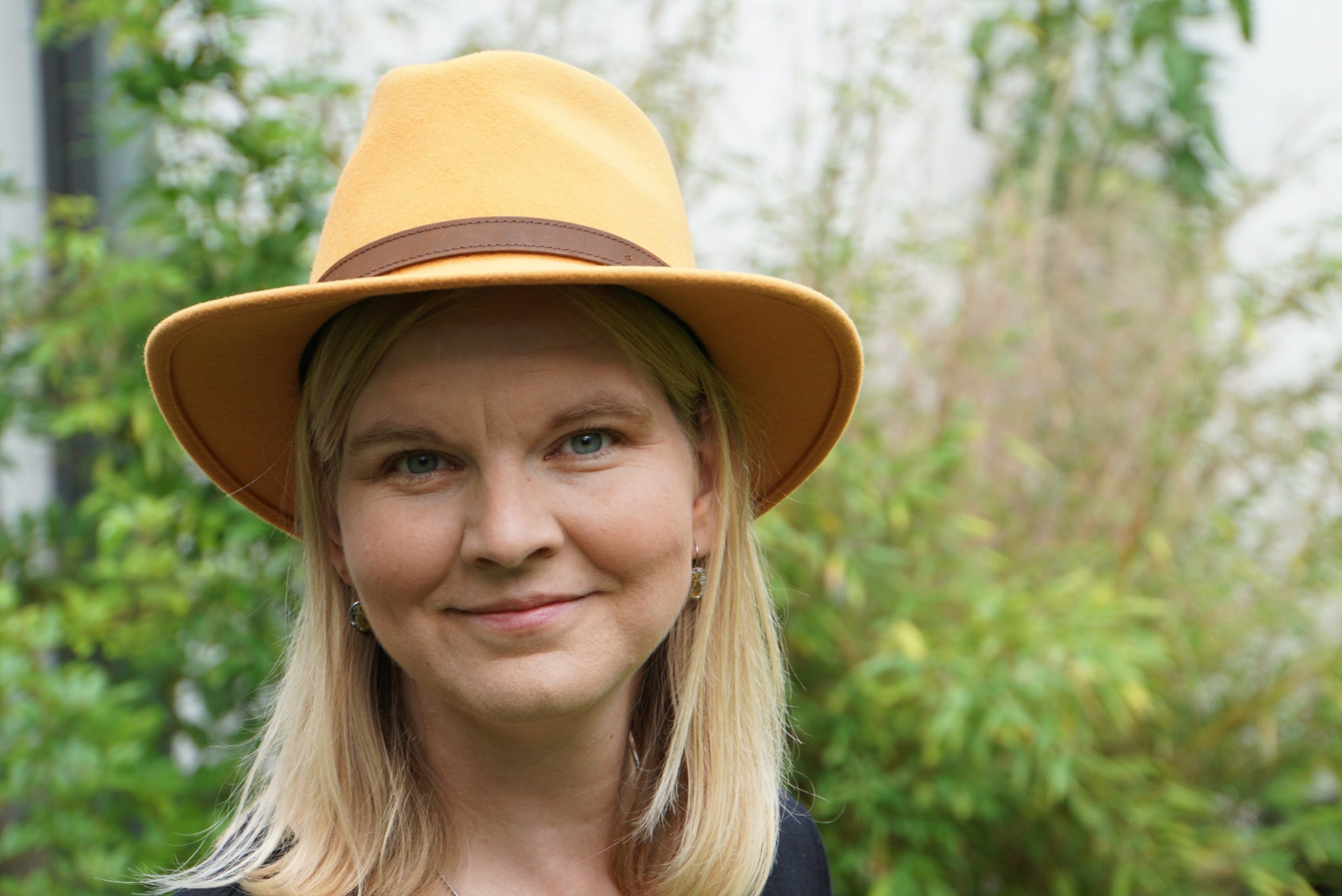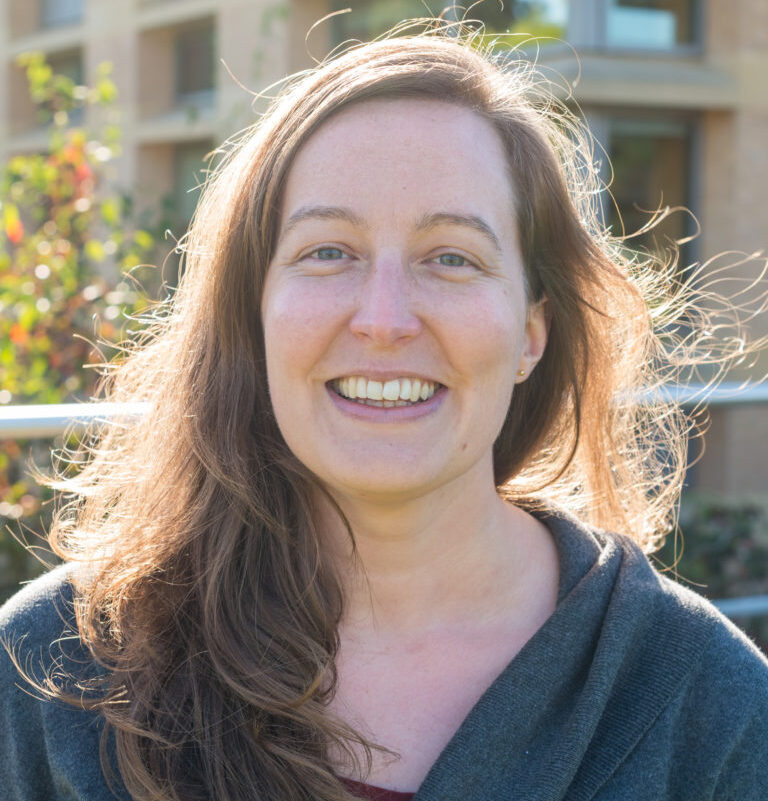Born in Braunschweig, Germany • Studied Math (diploma) at the Technical University in Braunschweig, Germany • Highest Degree Doctorate in Math (Dr. rer. nat.) • Lives in Meine, Germany • Occupation Professor at the Hochschule Hannover – University of Applied Sciences and Arts, Department of Business Information Systems, Field of Data Science
Analytical thinking has always been easy for me. Therefore, I enjoyed the rules and patterns that occur in math from early on. Luckily, I recovered quickly after the German high school greeted me with the minimum pass mark “adequate” in the first two math exams in 7th grade. In 9th and 10th grade, we had a very strict “old school” teacher who left a lasting impression. We always had to stand up to greet him, and if you used a swear word in class, you had to wash the glasses in the chemistry room during the next break. He was strict, but he liked me and I learned a lot. In 11th grade I spent a high school year in the US and after this year I wanted to take math as one of my advanced courses. That was a tough decision because all I did at the American high school was statistics whereas in Germany everyone had started with curve sketching. After my return to Germany, the first exam in 12th grade was about this topic. I didn’t know anything about it and I had 6 weeks of summer break to study. A former very kind teacher helped me with the material and I studied by myself and achieved a good mark. That was a major milestone to my decision to study math, since I was able to teach myself the topics of almost a whole school year. But I still wasn’t sure. Math or psychology?
After all the ups and downs you typically encounter during this phase – 3 years for me – I finished my doctoral thesis in math (graph theory) two weeks before my first daughter was born.
Both sounded very attractive to my 19-year-old self. The plans to move to Braunschweig with two of my friends were already settled and I finally chose math because it was giving me a wider range of options on what future opportunities to follow – because I had no clue what to do after my studies at that point. In the beginning we were quite a few students, but in the end only 4 of us were left in pure math – 25% women 😉. I chose most of my courses in abstract math – algebra, combinatorics – and did as little applied math as possible. I really enjoyed the study of group and ring structures and the book Algebra by Serge Lang was always by my side. I already dreamed of becoming a professor myself.
Yet, in the end, the question what to do with all the knowledge I gained crept more and more into my consciousness. That is why I didn’t pursue a strictly academic career, nevertheless I still wanted to secure the option, and chose a PHD position in business at Bosch (formerly Blaupunkt) in Hildesheim. No more group and ring theory, suddenly I had to write code in C++ for algorithms in navigation systems. I had avoided any computer science so far, thus, I was thrown in at the deep end. But I never regretted this step because I discovered that coding is not all at all as difficult as I thought – after all it’s logical – and I learned a lot about working in a bigger company. After all the ups and downs you typically encounter during this phase – 3 years for me – I finished my doctoral thesis in math (graph theory) two weeks before my first daughter was born.
I found the fitting position where I can combine my passion for analytical thinking, my academic background, and my work experience (…).
I stayed home with her and somehow managed the defence of my doctoral thesies with a 5-month-old baby and still deprived of decent sleep. After 8 or 9 months at home, my brain started asking to be challenged again, and I began to apply for jobs in industry. As a young mother I wanted to start part time, but as a woman holding a doctorate in mathematics that was not as easy to get as I hoped. After a long search, including several offers with 40 hours and more, I was finally rewarded by starting a job at VW Financial Services. My one-year-old daughter was able to stay at the company’s own childcare facility and I started with 27 hours a week as a systems analyst in the business intelligence department in IT. In almost 10 years I made my way from analyst, to project lead, to team lead all the way to head of two sub-departments and got enrolled in the management trainee program – most of this in part time including a maternity leave when I had my second daughter in between. Then, suddenly, another option which had gotten a little out of sight but was still a silent dream popped back in.
And that is my way to my current position as a professor in business computing, especially data science. I found the fitting position where I can combine my passion for analytical thinking, my academic background, and my work experience – all of that with the advantage of being my own boss, still doing interesting projects with different companies, giving talks about AI for lay audiences (schools, senior clubs, …), and guiding young people on part of their own story.



Recent Comments